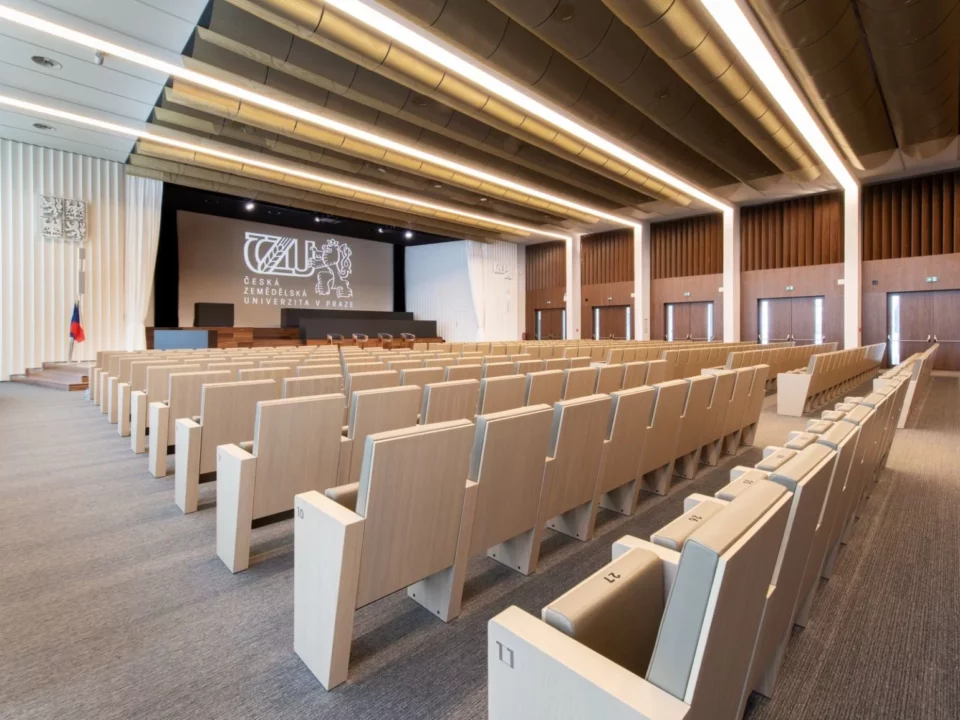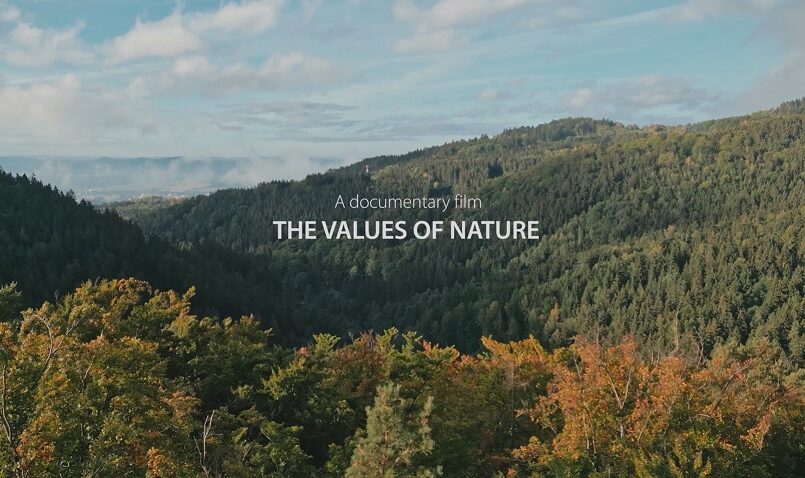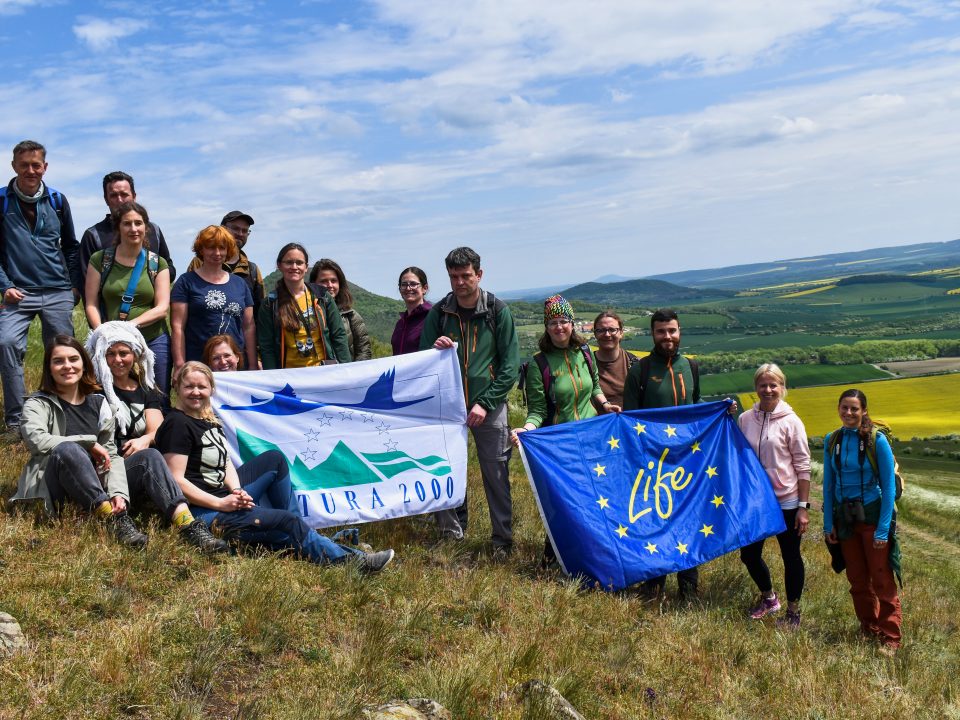WHO MANAGES NATURA 2000: Non-governmental organisations
This article is the sixth in a series dedicated to entities managing the Natura 2000 system. The first five articles were devoted to all five nature protection authorities (NPAs), which are obliged to manage the sites by law (Act No. 114/1992 Coll. on Nature and Landscape Protection). For the first time, we will focus on the entities that are not NPAs, but without their activities, the management of Natura 2000 sites would not be possible at all. We are talking about land administrators, farmers, owners and also non-governmental non-profit organisations (NGOs) working in nature conservation.
Although environmental NGOs have a relatively strong tradition in the Czech Republic, they make up only 0.6% of all NGOs in the Czech Republic (Czech Statistical Office, 2018). However, they are key actors for Czech nature conservation, including Natura 2000, as they deal with practical conservation and management at sites, as well as public education and awareness, work with volunteers or participate in administrative proceedings.

Manually removing biomass from a site is not an easy job – but it does lead to maintaining a forest-free environment and preserving a valuable ecosystem. The practical management of the nature monument “Mokřad u Slováckých strojíren” is provided by Tři Kavky Association from the budget of the Zlín Regional Authority.
It is essential for NGOs to have financial resources when managing (not only) the Natura 2000 system. The income of NGOs is mainly composed of public resources (subsidies and loans), membership and corporate contributions or contributions from the public, and a significant share is also made up of volunteering (information aggregated for all NGOs in the Czech Republic, Czech Statistical Office, 2018). However, it is not possible for NGOs to rely solely on volunteering to the extent necessary for the management of valuable sites. Indeed, NGOs that are contractors of works within protected areas also fulfil the legal obligations of nature protection authorities through their activities. When implementing their projects, NGOs use both national resources (Support for the Restoration of Natural Functions of the Landscape, Programme for the Support of NGO Projects) and European resources (LIFE programme, OPE, Interreg programmes and, in recent years, EEA funds and Norwegian funds). Public collections, donations or sponsorship from the private sector are also used.
Although the list of available resources may seem quite broad, NGOs face a number of challenges and obstacles. This is because the main responsibility for project implementation is borne by the organisations, which makes their activities and ultimately their assistance to the nature protection authorities in fulfilling their legal obligations more difficult. According to the Analysis of available funding sources for the Natura 2000 system, which was developed within the One Nature Project, these problems include:
- a mechanism for low- or no-interest loans is missing on the part of the state;
- co-financing for NGOs should not be higher than 5-10%;
- financing of projects should be made possible through pre-financing by advance payment;
- the reimbursement process by the funder should be accelerated;
- some of the priority areas are often not 100% supported (water management, etc.).
The role of NGOs in the management of Natura 2000 is irreplaceable and without their activities it would not be possible to meet the objectives of national and European nature conservation strategies. In addition to practical activities in the field within protected areas, education and awareness raising and work with the public, it is necessary to highlight the high professional basis and experience that make NGOs key partners not only in the preparation, but especially in the implementation of nature conservation strategies.








